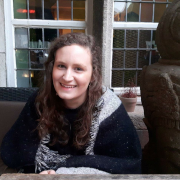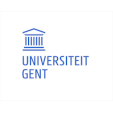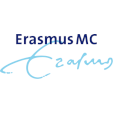Abstract project
Background
When a person loses autonomy to make decisions for him- or herself, health care providers often turn to the persons’ family carers to make decisions on his or her behalf. Research shows that family carers are often unprepared for their decision-making role, because they have no or limited idea what the preferences of their loved one are regarding the end of life. This can lead to distress and making decisions that are not in line with what their loved one wanted. Advance care planning (ACP) is a communication process where individuals are encouraged to formulate their wishes and preferences about future medical care; to discuss these wishes and preferences with their family and health care providers and to record and review these preferences. This process might provide as a solution to overcome the distress about making decisions. However, it is important that family carers are actively involved during these discussions.
Aim
To explore how family carers can be involved better in ACP discussions.
By 1) investigating how family carers are currently involved in making decisions at the end of their loved one’s life and the level of distress they experiencing after the death of their loved one; 2) describing and evaluate the effectiveness of existing ACP interventions involving family carers; 3) exploring the experiences with, preferences for and needs for support of patients, family carers and health care provides to engage family carers in ACP; and 4) exploring which communication skills are opportune to involve family carers in ACP discussions.
Methods
1) Quantitative data of the ACTION trial and PACE trial are used to give a state of the art of involvement of family carers in making decisions at the end of their loved one’s life in patients with cancer (ACTION) and nursing home residents with dementia (PACE). 2) A literature review will be conducted to describe and evaluate the effectiveness of existing ACP interventions involving family carers.
For aim 3) and 4) qualitative data will be collected through interviews and/or focus groups with patients, family carers and health care providers.






